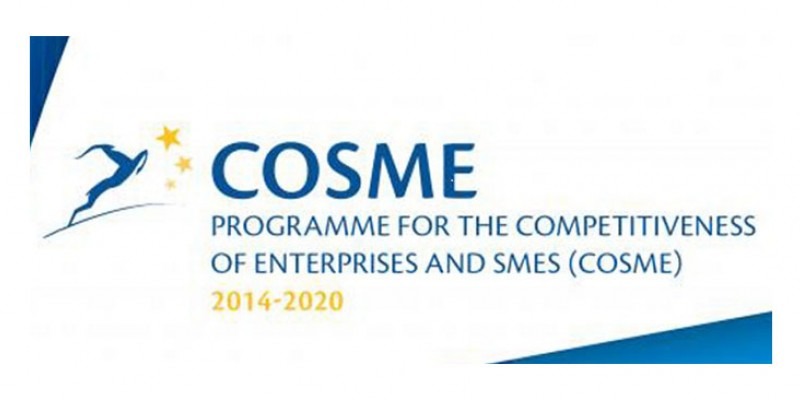
The UK Government and the European Commission jointly launched COSME in May this year; a 7 year programme of European funding specifically designed to support SMEs across Europe.
So what is COSME exactly? Its full name is: The Competitiveness of Enterprises and Small and Medium-sized Enterprises (SMEs), and is a funding programme that is planned to run from 2014 to 2020 with a current budget of €2.3bn.
COSME will support SMEs in 4 key areas:
- Developing entrepreneurship
- Helping SMEs access finance
- Supporting SMEs who wish to internationalise their business
- Reducing the legislative and regulatory burden on SMEs
If you are wondering why the EU have dedicated 2.3bn to this programme and to SMEs in particular, there are some interesting facts associated with SMEs.
A SME is defined as a company turning over less than €50m and employing less than 250 people - SMEs make up 99% of all the 20.7 m businesses in Europe. (NB Before the current crisis there were approx. 23m SME's in Europe.)
In addition SMEs employ more than 87m people, accounting for over 66% of all jobs in Europe - Most importantly, 85% of all new private sector jobs are created by SMEs
SMEs are the lifeblood of the UK and Europe, and their success is essential for a return to growth and prosperity.
The COSME programme is designed exclusively to benefit SMEs and address what is called “market failure” ie where commercial markets and companies are unable or unwilling to provide the help and support that businesses need.
One of the key focuses of the programme is helping SMEs to access alternative sources of finance, and “fill the gap” where banks or VC’s are unable to provide support.
The EU recognises that sources of funding are vital for the success of SMEs but that banks must manage their risk, and that VC sometimes comes at a price too high to be acceptable. Therefore alternative sources must be provided.
The EU has already helped over 275,000 businesses access alternative finance but estimates that a further 500,000 businesses are currently unable to get help from the existing formal financial system.
COSME plans to provide an Equity instrument for SMEs; to support growth and R&D and Innovation and a Debt instrument Loan Guarantee Facility in order to help SMEs thrive, particularly those involved in Innovative or R and D type activities.
Not only is finance on the agenda, entrepreneurship is defined as a key driver for success - and as such is an essential part of the COSME programme.
At the launch event in May, Daniel Calleja, Head of DG Enterprises for the Commission, talked of how the recent financial crises had created a “lost generation of entrepreneurs.” He described how limited financial support and reduced market opportunity during recent years had stifled young entrepreneurs and suffocated growth.
New initiatives under the COSME programme include the Erasmus programme specifically designed for young entrepreneurs and also the promotion of entrepreneurship in all social groups.
Calleja talked about the stigma of failure and its potential effect on entrepreneurs.
He reminded the audience of the 7Up story, ie the drink is called 7Up because the first 6 times they tried to create a business they failed. He suggested that in Europe the stigma of failure must be removed from people whose businesses do not succeed and that we should be more like America, where failure is seen more of as an acceptable step on the long road to success.
There are some entrenched cultural issues here, not only around risk and failure but about employment. Obviously there is a strong link between entrepreneurship and self employment, however, in Europe, for example, the option of self employment is viewed far less favourably by the work force, than in the USA or China.
In a recent survey, it was claimed that 55% of workers in the USA would consider self employment, a massive 71% in China whilst only 37% of European workers would consider this career choice.
As such the EU is keen to develop the environment where the self employed and small businesses can succeed - so that failure is not stigmatised and where entrepreneurs, the self employed and SMEs have access to funding and support
COSME has ambitious plans, and as Calleja reminded us in spite of all the rhetoric, it has only three key objectives: growth, growth and growth.
For more information visit http://ec.europa.eu/enterprise/initiatives/cosme/index_en.htm
- Log in to post comments
